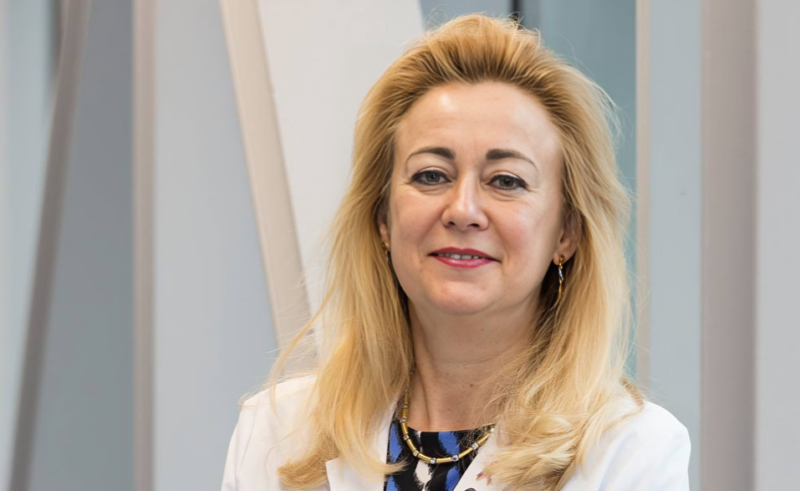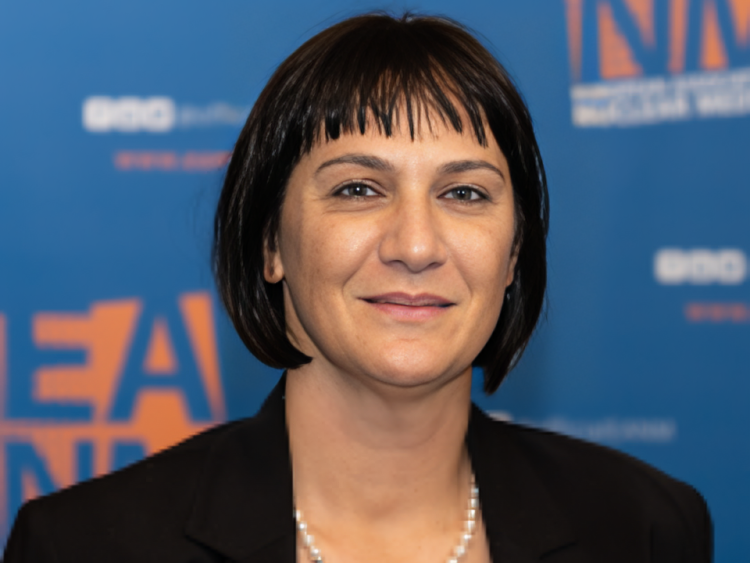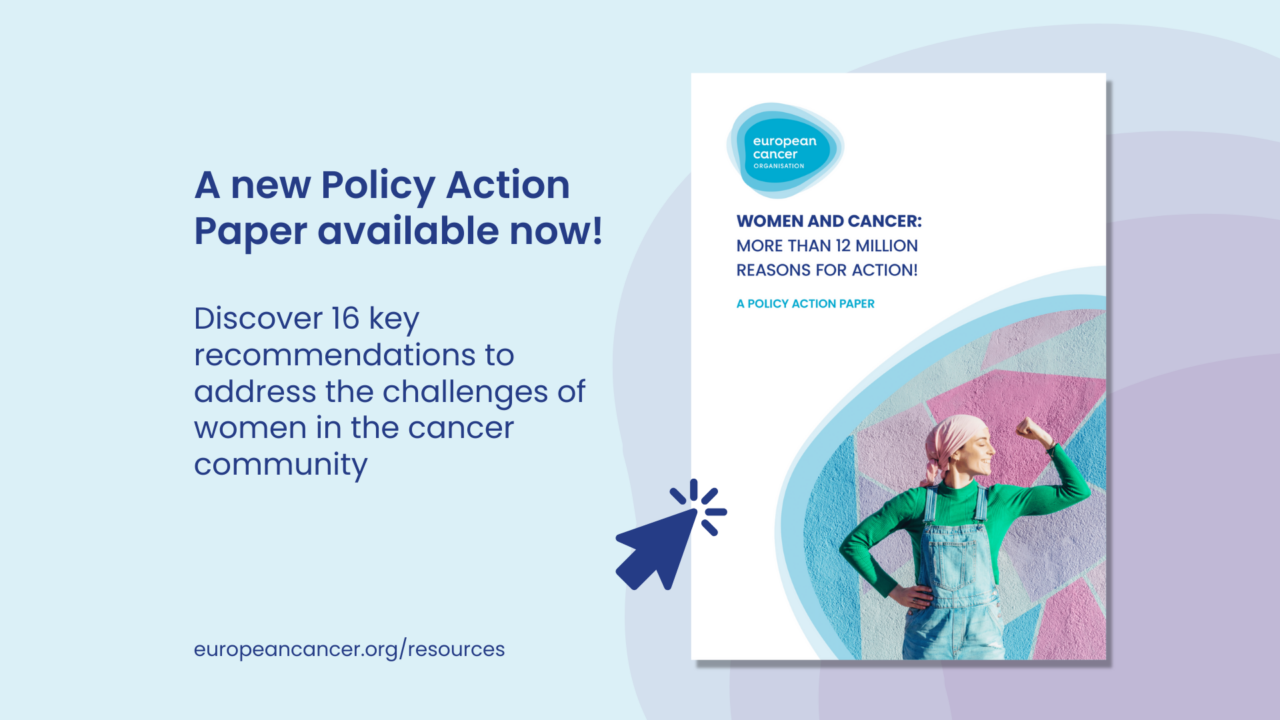A New Policy Action Paper from the European Cancer Organisation Presents Recommendations Based on the Challenges that Women Face in the Cancer Community
An estimated 12 million women in Europe are currently living with cancer. Another 1.2 million women are diagnosed with the disease each year – and nearly 600,000 are dying from it annually.
Enough is enough!
Marking European Gender Equality Week, the European Cancer Organisation (ECO) is today publishing a new landmark report Women and cancer: More than 12 million reasons for action!
Among the paper’s highlights:
- The three most common cancers in women are breast, colorectal and lung cancers, followed by skin (melanoma), pancreatic, and thyroid cancers, according to the latest data from the European Cancer Information System (ECIS).
- Women with cervical cancer are 40% more likely to get divorced than healthy women. When a woman is diagnosed with cancer, it can significantly disrupt relationships, yet the topic of partner involvement in cancer care remains under-addressed.
- Women in Europe are more likely to provide care to a family member, friend, or neighbor, even though a women’s gross hourly earnings are on average 12,7% lower than those of men. That means 32 million women caregivers in Europe are more exposed to significant poverty risks, with support and protection varying greatly in each member state.
- Men continue to dominate management positions even where 70% of the healthcare workforce is female, and women in the sector earn approximately 20% less than men.
For too long, healthcare policies in countries throughout the EU have failed to address the specific needs and conditions of women. This has to change.
The paper identifies 16 core recommendations to combat gender disparities in cancer care, including:
- An end to irresponsible gendered marketing by the tobacco and alcohol industries;
- Cigarette and alcohol consumption used to be associated with masculine behaviours yet gained popularity amongst European women. Tobacco and alcohol companies have recently elaborated marketing strategies developed to target this emergent market and introduced new products. Despite lung cancer being the second most diagnosed cancer amongst women, tobacco industries encourage smoking by relying on sleek designs and a traditionally feminine colour scheme, notably for new products such as e-cigarettes and vapes. The same applies for alcohol -despite alcohol consumption causing 7/100 new breast cancer cases in Europe- with the introduction of ‘Mommy wine’, ‘pink gin’, ‘light sangria’, featuring pink labelling and cursive writing.
- Access to breast and gynecological cancer screening, conducted according to European guidelines, as an undisputed women’s right;
- “Gender norms imply that women often have to prioritize family needs at the expense of their own health, which sometimes leads to postponing seeking healthcare” – Prof. Nirmala Bhoo Pathy, Queen’s University Belfast. In Europe, women – and most particularly from vulnerable groups face significant disparities in cancer screening and early detection, crucial tools for improving survival rates and outcomes. Screening should consequently become an undisputed woman’s right.
- A guarantee that all women of child-bearing age diagnosed with cancer are provided with fertility preservation counselling and services.
- One of the most significant effects of cancer treatment is the onset of infertility and early menopause, which greatly reduces reproductive potential, having a long-lasting psychological impact, especially for young women. In recent years, the offer for fertility preservation options (e.g. cryopreservation, invitro fertilisation…) has significantly progressed, yet remain a costly option available to selected cancer patients and only in some member states, when they should be available to all women under treatment. Women face economic, legal and availability barriers, adding to their burden.
“Our report highlights the human impacts when we fail to respond to the gender elements of cancer prevention and treatment. For example, far too many women across Europe are denied access to cancer screening, fertility preservation services and the quality cancer treatment they deserve.
Our report kicks off a political campaign by the European Cancer Organisation. We urge everyone moved by its findings to join our movement,” – said Isabel Rubio, Co-Chair of the European Cancer Organisation’s Women and Cancer Workstream, and President of the European Society of Surgical Oncology, speaking on the report’s publication.

“Women leaders are changing the face of cancer care and driving breakthroughs in practice and research. But still too many obstacles are experienced, including pregnancy and maternity discrimination. Our report is a fresh platform for achieving change,” – said Paola Erba, Co-Chair of the European Cancer Organisation’s Women and Cancer Workstream, and President-Elect of the European Association of Nuclear Medicine.

ECO launched the Women and Cancer Workstream in April 2024, as part of the Inequalities Network. The latter looks to address the unique inequities faced by women who experience a cancer diagnosis, women working in the cancer sector, and women who provide care to persons with cancer.
The European Cancer Organisation’s Inequalities Network fosters collaboration of all relevant stakeholders to better understand and address drivers of cancer inequalities. This Network is dedicated to building consensus and presenting policy solutions to cancer inequalities due to geography, economic status, gender, age, ethnicity, sexuality and identity.
About the European Cancer Organisation (ECO)
The European Cancer Organisation is a not-for-profit umbrella federation of 42 Member Societies working in cancer at the European level, together with 21 European Patient Advisory Committee members, representing European and international patient societies. The Organisation is dedicated to convening oncology professionals and patients to agree on policy, advocate for positive change, and represent the interests of the European cancer community.
The European Cancer Organisation is the largest multi-professional cancer organisation in Europe. It helps reduce the burden of cancer, improve outcomes, and enhance the quality of care for cancer patients. As the not-for-profit federation of member organisations working across Europe, the European Cancer Organisation convenes cancer professionals and patients to agree on policy, advocate for change, and speak up for the European cancer community. More information is available here.
Other posts featuring European Cancer Organisation.


